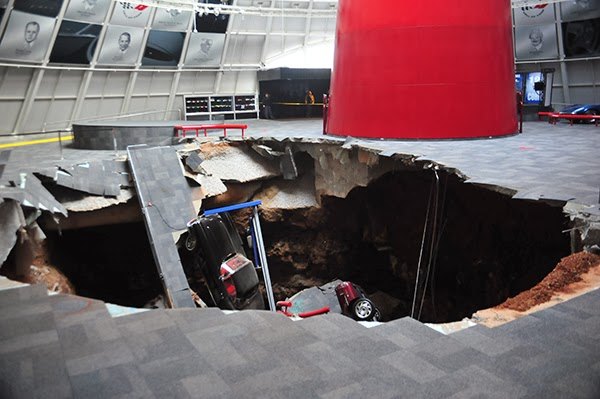#NaturalDisaster
Mexican Auto Industry Undeterred by 7.1 Magnitude Earthquake
Automakers spent Wednesday surveying factory sites in Central Mexico after a 7.1 magnitude earthquake ravaged the region Tuesday evening. However, after some momentary shutdowns, it’s looking like business as usual for most manufacturers. Despite countless injuries, over 200 fatalities, and widespread damage yet to be fully assessed, the automotive industry emerged from the quake largely unscathed.
Arguably the hardest hit, Volkswagen Group’s Puebla plant temporarily halted assembly so workers could inspect buildings for damage. Finding no significant structural harm, factory employees resumed third-shift production of the Jetta and Golf.
Audi’s crossover plant, also in the state of Puebla, sustained no obvious damage. It’s second shift was halted early on Tuesday as well. The company said third-shift production was canceled so that employees could attend to their loved ones after the quake.
QOTD: How Will Isaac (Not Mizrahi) Affect Gas Prices
On occassion, I’ll use the Question of the Day feature as a tool to draw on the collective knowledge of the B&B to learn something; today I’m asking your your input on Tropical Storm (Hurricane?) Isaac.

















Recent Comments